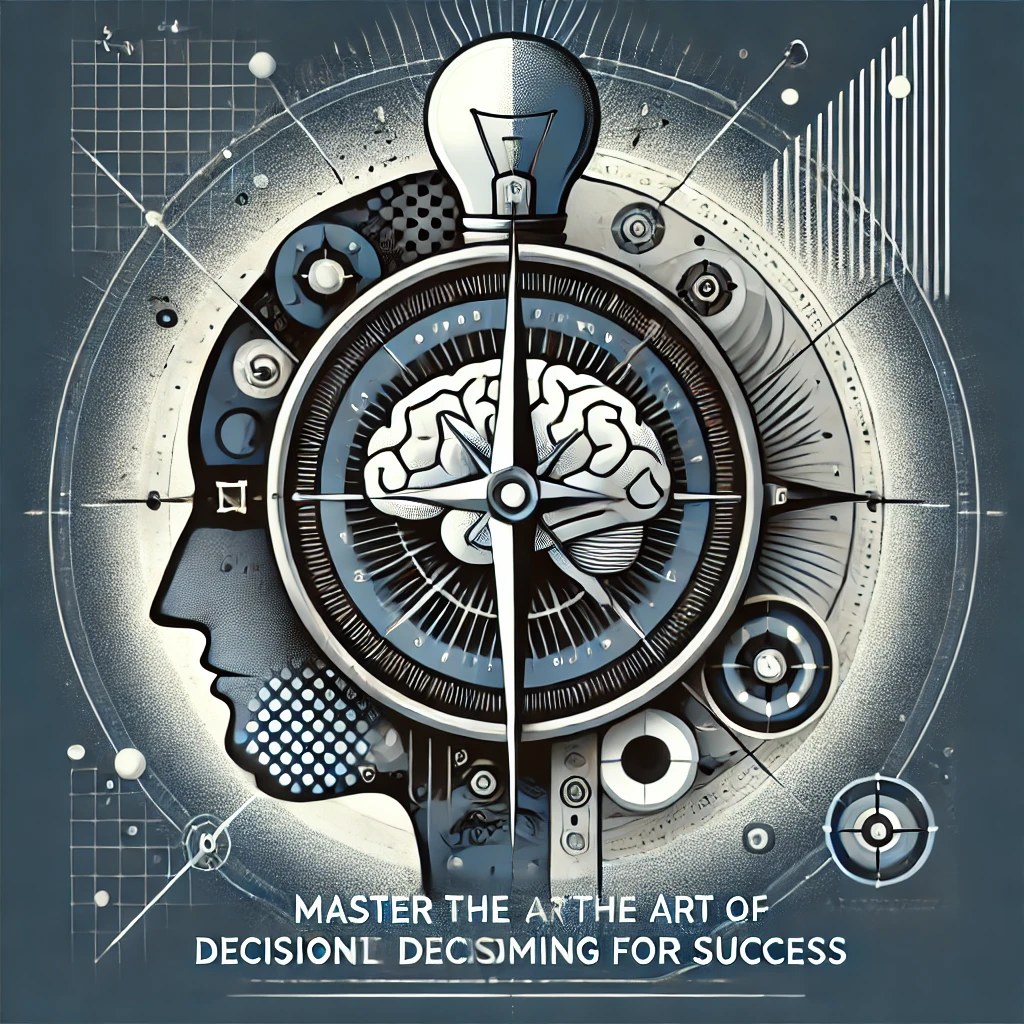Have you ever wondered what it takes to make sharp, insightful decisions? Acúmen is the key to mastering that art. It’s not just about intelligence or knowledge; acúmen combines perception, quick judgement, and practical wisdom. In this article, we’ll explore what acúmen is, its various types, and how you can develop this skill for success in both personal and professional settings.
Origins and Historical Context of Acúmen
The term acúmen originates from the Latin word acumen, meaning “sharpness” or “point.” Historically, acúmen has been associated with wise leaders, strategic thinkers, and successful innovators who could see beyond the obvious. This concept has evolved over centuries, transforming into a modern skill highly valued across fields like business, finance, and social sciences. Today, acúmen is a foundational quality that enables individuals to navigate complex environments and make well-informed choices.
Types of Acúmen
Acúmen manifests in various forms, each relevant to specific fields and situations. Here’s a breakdown of the primary types:
- Business Acúmen Business acúmen refers to the ability to understand the inner workings of a company or industry. It involves analysing market trends, recognizing opportunities, and making decisions that foster growth. A person with strong business acúmen can effectively manage resources, assess risks, and align business strategies with market demands.
- Financial Acúmen Financial acúmen is the skill to manage, invest, and allocate financial resources wisely. It requires a deep understanding of budgeting, economic trends, and financial risk. Those with high financial acúmen can make sound investment decisions, optimise resources, and contribute to an organisation’s long-term stability.
- Social Acúmen Social acúmen involves understanding and navigating social interactions effectively. It’s crucial for building relationships, interpreting social cues, and maintaining harmony within teams. People with social acúmen are skilled at empathy and effective communication, making them valuable in roles requiring collaboration and negotiation.
- Political Acúmen Political acúmen is the art of manoeuvring through power structures within an organisation or government. This type of acúmen includes understanding political dynamics, coalition-building, and strategic influence. Individuals with political acúmen can advocate effectively, negotiate power balances, and achieve desired outcomes in a political landscape.
- Emotional Acúmen Emotional acúmen, often referred to as emotional intelligence, is the ability to recognize and manage one’s own emotions and those of others. It involves self-awareness, empathy, and resilience. Emotional acúmen is essential for leadership, conflict resolution, and maintaining mental well-being in high-pressure environments.
- Cultural Acúmen Cultural acúmen is the understanding and respect for diverse cultural perspectives and practices. This skill is essential in today’s globalised world, where intercultural interactions are common. It helps avoid misunderstandings and fosters inclusive environments, making it especially important in international business and diplomatic roles.
- Technical Acúmen Technical acúmen is proficiency in a specific technical area, such as information technology, engineering, or science. It involves not only technical knowledge but also the ability to apply it effectively in problem-solving. Technical acúmen is critical for innovation and operational efficiency in industries reliant on technological advancements.
Practical Applications of Acúmen in Everyday Life
While acúmen is often discussed in professional settings, it plays a vital role in everyday decision-making too. Whether managing household finances, resolving family conflicts, or making career decisions, acúmen helps individuals think critically and act wisely. For instance, someone with financial acúmen may make prudent budgeting choices, while a person with emotional acúmen can manage stress and maintain positive relationships.
Importance of Acúmen in Professional and Personal Life
Acúmen is a versatile asset that influences multiple aspects of life:
- Professional Life: Acúmen drives success by enabling individuals to make quick, informed decisions. It enhances leadership, adaptability, and the ability to identify growth opportunities, which are essential for career progression.
- Personal Life: Acúmen enriches personal relationships, aids in conflict resolution, and fosters emotional resilience. Individuals with high acúmen can navigate personal challenges, maintain balance, and pursue lifelong growth.
Developing Acúmen
Acúmen isn’t an innate trait; it can be cultivated through deliberate practice and experience. Here’s how:
- Education and Continuous Learning: Expanding your knowledge through formal education, online courses, or books enhances critical thinking and analytical skills.
- Experience and Mentorship: Gaining experience in diverse roles and seeking mentorship helps in developing acúmen. Mentors provide valuable insights that guide sound decision-making and problem-solving.
- Mindfulness and Reflection: Practising mindfulness and self-reflection sharpens acúmen by enhancing self-awareness. Taking time to reflect on experiences allows individuals to learn from their actions and grow.
Challenges in Developing Acúmen
While acúmen is invaluable, developing it comes with challenges. Here are a few common obstacles:
- Cognitive Biases: Cognitive biases can cloud judgement and hinder objective thinking. Overcoming biases is crucial to cultivating true acúmen.
- Limited Exposure: Without diverse experiences, it’s challenging to gain the perspective needed for insightful decision-making.
- Resistance to Feedback: Developing acúmen requires openness to feedback, which can be difficult for some individuals. Accepting constructive criticism is key to continuous improvement.
Future of Acúmen in the Age of Automation and AI
As automation and artificial intelligence reshape industries, the future of acúmen will adapt. With machines handling data-driven tasks, human acúmen will focus more on creativity, strategic thinking, and interpersonal skills. Skills like cultural and emotional acúmen will become essential in a world where soft skills distinguish human talent from AI capabilities. The role of acúmen will evolve to emphasise adaptability, critical thinking, and ethical decision-making as technology continues to advance.
Case Studies: Leaders Known for Exceptional Acúmen
Acúmen can be seen in the leadership styles of some of history’s most successful figures:
- Steve Jobs (Business Acúmen): Known for his visionary approach, Jobs foresaw customer needs and transformed the tech industry through groundbreaking products.
- Warren Buffett (Financial Acúmen): Buffett’s investment acúmen made him one of the most successful investors, with an unmatched understanding of economic trends.
- Oprah Winfrey (Social Acúmen): Oprah’s ability to connect with people propelled her to become one of the world’s most influential media figures.
These leaders used their unique acúmen to revolutionize industries and inspire millions.
Conclusion: The Lasting Impact of Acúmen
In summary, acúmen represents a blend of insight, adaptability, and practical wisdom essential for success in both personal and professional spheres. By developing acúmen, individuals can navigate complexities, adapt to change, and make sound decisions even in uncertain times. This quality is not only relevant but critical in today’s fast-paced, interconnected world.
Investing in acúmen through learning, reflection, and experience enables people to unlock their potential and achieve lasting growth and success. Whether in leadership, innovation, or personal relationships, acúmen is a skill worth cultivating for anyone aiming to excel in life.



